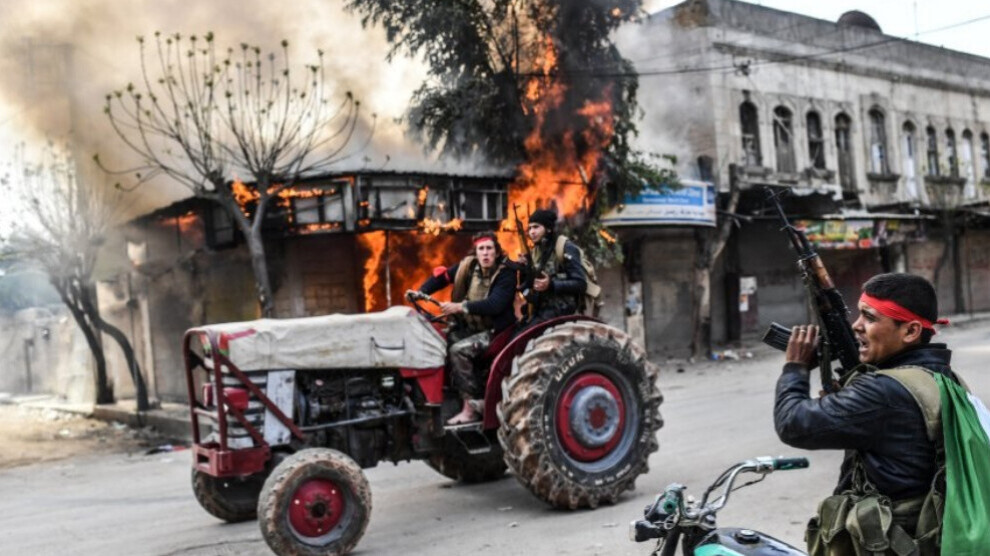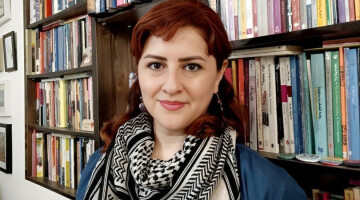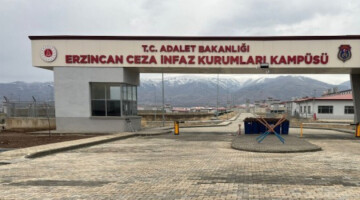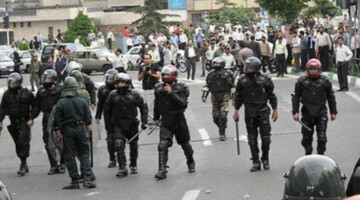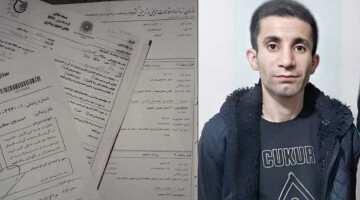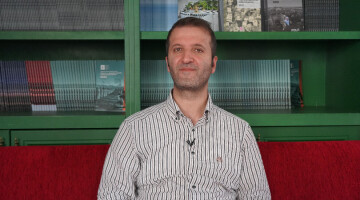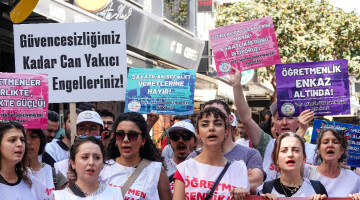Since 2018, armed militias with the support of Turkey have been committing crimes under international law in Afrin in northern Syria. To address these crimes, the human rights organizations the European Center for Constitutional and Human Rights (ECCHR) and Syrians for Truth and Justice (STJ) have filed a criminal complaint with the German Federal Public Prosecutor's Office.
Six years ago, in January 2018, Turkey and allied armed militias of the Syrian National Army (SNA) began bombing the Afrin region as part of the so-called "Olive Branch" military operation. The military offensive lasted over two months and led to the displacement of more than 300,000 civilians, the majority of whom were Kurds. With the support of Turkey, the armed militias established an arbitrary rule that continues to this day.
“Afrin’s population, and especially its Kurdish citizens, have faced widespread and systematic violations since 2018. These abuses range from forced disappearances, arbitrary arrests and torture to sexual violence. The seizure of the local population’s property through looting and occupation as well as exorbitant taxes prevent the displaced inhabitants of Afrin from returning to their homes and is intended to force those who remain to flee,” explains Bassam Alahmad, Executive Director of STJ.
These human rights violations committed by pro-Turkish and Islamist militias are crimes under international law and can be investigated anywhere in the world. Together with six survivors of the crimes, STJ, ECCHR and their partners filed a criminal complaint with the German Federal Public Prosecutor's Office on 18 January 2024, calling for a comprehensive investigation of the perpetrators.
"Three years after my release from prison, I still find myself in a painful nightmare. Everything I experienced in Afrin was cruel. Because I know that the population still has to live in similar conditions, I have dedicated my life to bring the injustice to the attention of the world, in the hope that justice will be done and that the perpetrators will be held accountable," says one survivor and complainant.
So far, the crimes of the Assad regime and Islamist groups, such as Jabhat al-Nusra and ISIS, have been the focus of investigations by the Federal Public Prosecutor's Office. However, the suffering experienced by the predominantly Kurdish civilian population in northwestern Syria has not yet been addressed.
"Since 2011, the Federal Public Prosecutor's Office has been investigating many human rights crimes committed in Syria. The trial on Syrian state torture before the Koblenz Higher Regional Court was groundbreaking. However, the atrocities committed by predominantly Islamist militias against the Kurdish population in northern Syria have so far been a blind spot in these investigations. This must change, as the militias ruling in Afrin have established a reign of violence and arbitrariness with Turkish support," comments Patrick Kroker, who is responsible for ECCHR’s work on Syria.
ECCHR has been working since 2012 to address the serious crimes committed in Syria. Together with around 100 torture survivors, Syrian and European partner organizations, ECCHR has filed a number of criminal complaints in Germany, Austria, Sweden and Norway against high-ranking members of the Syrian security apparatus.
Afrin occupied since 2018
Afrin, also known as Çiyayê Kurmênc, is a city located in the western part of Rojava, 63 km away from Aleppo and 90 percent of its residents are Kurds (pre-occupation figures). Before it was occupied by the Turkish state after intense attacks in 2018, Yazidis, Arabs and Armenians lived in unity and solidarity in the city, which has 6 districts and nearly 400 villages. Despite being exposed to a massive migration wave from Syria's other cities such as Aleppo, Deraa, Homs, Idlib, Hama and Raqqa in 2011, the city maintained peace and stability for Syria as well. It was also a potential economic hub.
The hegemonic powers that regarded the democratic management model in North-East Syria as a threat to their own interests, found a pretext and made the fascist Turkish Republic to invade Afrin on January 20, 2018, under the name "Operation Olive Branch". With this attack, fascist chief Erdoğan was planning to invade the city with his army in a few days. However, an outstanding resistance was put up for 58 days under the leadership of YPG and YPJ forces with the broad participation of the people.
Afrin Canton was the westernmost canton of Rojava and North and East Syria, home to 200,000 ethnic Kurds. Though the population was overwhelmingly Kurdish, it was home to diverse religious groups including Yazidis, Alawites and Christians alongside Sunni Muslims.
On 20 January 2018, Turkey launched air strikes on 100 locations in Afrin, as the onset of an invasion they dubbed ‘Operation Olive Branch.’
The Turkish Air Force indiscriminately shelled civilians as well as YPG/YPJ positions, while a ground assault was carried out by factions and militias organised under the umbrella of the Turkish-backed National Army.
By 15 March, Turkish-backed militias had encircled Afrin city and placed it under artillery bombardment. A Turkish airstrike struck the city’s only functioning hospital, killing 16 civilians.
Civilians fled and the SDF retreated, and by 18 March Turkey was in de facto occupation of Afrin. Between 400 and 500 civilians died in the invasion, overwhelmingly as a result of Turkish bombing. Other civilians were summarily executed in the field.
Prior to the Turkish invasion, Afrin had been one of the most peaceful and secure parts of Syria, virtually never seeing combat during the civil war bar occasional skirmishes between YPG/YPJ and jihadi forces on its borders. As a result, Afrin offered peaceful sanctuary to over 300,000 internally displaced people from elsewhere in Syria.
Turkey has more than 50 military bases in the city which has been under occupation for more than 5 years. Moreover, various crimes including kidnapping, pillage, theft, torture, rape, cultural historical genocide and demographic change have been committed in almost all the streets of the city. Around 700 civilians have been tortured and killed, and around 9,000 others have been kidnapped. These figures cover only the crimes that were reported. There are also those whose whereabouts remain unknown. Furthermore, many media outlets and human rights organizations revealed that more than 100 historical sites were plundered and nearly 400,000 trees were cut down in the city.

